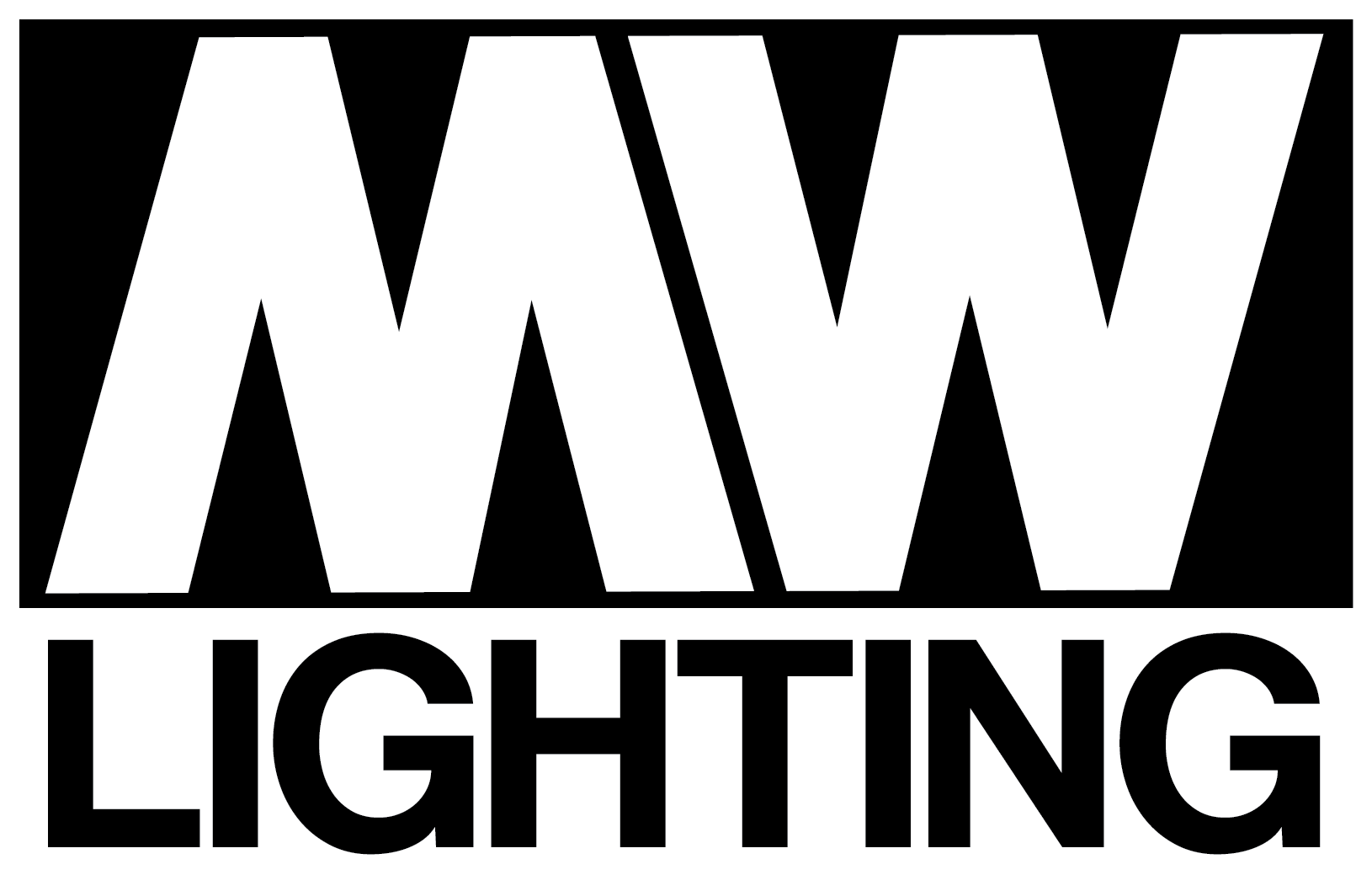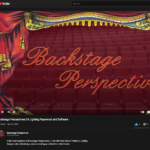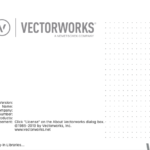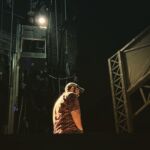FAQs
Frequently Asked Questions
One of the most important things to me is outreach to students and the educational world. I love sharing my work and my process with students, primarily through my YouTube and Instagram channels. I often get emails with questions – be it interview requests for class projects or requests for general advice.
I’ve always done my best to answer these questions as soon as possible, but it’s often hard in the midst of a hectic production schedule to get back with people in a timely matter. Because of that, I’ve decided to compile a list of the most frequently asked questions here!
Please don’t hesitate to still reach out to me, if you want to know more or want to talk! I’m always happy to chat with students.
How did I get my start in lighting?
I first started becoming interested in theatrical technology and design when I was very young. In 5th grade, I was in the school choir. I started noticing the sound board at the time – a Mackie SR32, quickly started running sound for my choir and church.
In high school, I fell in love with lighting. I was blessed to have Ed Mason as my high school drama teacher, and he let me run wild with lighting just about everything I could. Drama shows, orchestra concerts, meetings, you name it.
Towards the end of high school, I realized that this was something that I wanted to do for a long time. Some friends and I started a small production company, mostly doing lights, sound, and scenery for local schools. That morphed into several years of high-end wedding lighting.
I don’t know that I really ever made the conscious choice to be a lighting professional… I just looked back many years later and here I was.
Where did you go to school and what did you major in?
I attended the University of South Florida College of the Arts in Tampa, Florida. I majored in Theatre, specifically Theatrical Design & Technology. I hold a BA in Theatre.
Later in life, I completed an MFA through a distance learning for professionals program at the University of Memphis.
Do you think a degree is necessary to be successful in this industry?
No, I don’t. But that doesn’t mean that you shouldn’t go to school, if you have the means to do it.
You learn a ton of things being in a higher-education institution, most of which are non-academic. It’s also a prime place to start building a professional and personal network of people.
You absolutely do not need a degree in lighting to be successful as a lighting designer or technician. Countless people have succeeded in this industry without a degree.
You do need a degree if you ever decide that you want to get into education or teaching. Very few institutions will hire you without some kind of undergrad degree, at the very minimum.
Also consider going to school for something other than theatre. You can do theatre but be majoring in Business. Or Marketing. or Computer Science – all of those things would be super beneficial to you as a future industry professional.
Where should I go to school?
If you have decided that you want to go to school for theatre, the next important step is figuring out where you should go.
One way to do this is to look at the people who are working in the jobs that you would like to be working in one day. Where did they go to school? Are there common institutions among them?
You can most certainly be successful in this business no matter where or if you went to school. Some schools have amazing alumni networks which can help you jump start your career.
When interviewing to attend any particular program, it’s important to remember that you are interviewing the school just as much as they are interviewing you. You are the customer here.
How do you find work?
99% of my work comes from word-of-mouth and connections that I’ve made on previous projects. I can count on one-ish hand the number of projects that have come from a cold email. But all of those projects then led to other projects, which led to other projects. The world’s most painful multi-level-marketing scheme.
If you’re fun to work with, bring a positive attitude and energy to the room, and don’t suck at your job, people will want to work with you and people will tell their friends about you.
You also should **try** to say yes to as many things as you can, especially when you are first starting out. You NEVER know where a gig is going to lead.
What does the day-to-day look like for you?
Every day is a little bit different depending on what I’m working on at the time. Sometimes I’m in a theatre, sometimes I’m at my desk. A lot of times I’m in a Delta SkyClub or on a plane. Here’s a quick video from one of my webinars that talks a little bit about what it’s like:
What are your favorite and least favorite parts of being a lighting designer?
I love working with lots of different people. I enjoy traveling to new cities and experiencing new things. I love being able to support myself and my family financially by being an artist and working in such a cool industry full of cool people.
I do not always like the long hours, the long trips, the time away from home. I don’t like dealing with people who have huge egos or people who don’t value teamwork and collaboration.
What has been your favorite show to work on?
I don’t have one particular favorite show because I have different favorites for different reasons. Very rarely, though, is one of those reasons because of how a show ended up looking.
Instead, my favorite projects are ones that became memorable because I had a blast creating them. Ones where everyone in the room brought their A-game to the table.
This business can suck sometimes. the hours are long, the pay can be low, and the work can be strenuous. If you’re not having fun with the people you’re working with, what’s the point?
What has been your least favorite show to work on?
The opposite of my above answer – my least favorite projects are the ones where people were not working together and collaborating. The ones where egos got in the way. The ones where each discipline was existing in their own little worlds and hoping that everything came together at the end. It rarely did – at least not to the full potential of the show.
Can I work with you?
I typically don’t have a lot of available positions because I have an awesome team that I work with as much as possible. If I do have open positions, they’ll be posted on my website and social media.
Do you do internships?
Typically my “internships” are actually “observerships.” I don’t believe in bringing in interns as a way to get free or cheap labor on a show.
Instead, I am more than happy to have students come out to observe on a show, shadow me or other members of the team, etc, strictly for their educational benefit. I will never ask you to do the work of a paid crew or design team member for free.
If you’re interested in coming out to shadow or observe a tech process, check out when I’ll be in your city on the upcoming page and then drop me a note using the form below. Please put “shadow request” in the subject line. You can also email students @ mikewoodld dot com
Paperwork Management Portal FAQs
Can I use the PMP?
The PMP is not publicly available because I do not have time to maintain support for a user base. I share parts of it on my YouTube channel in an effort to help you make your own system that works for your needs.
Please visit http://www.mikewoodld.com/FileMaker for more information on my FileMaker live streams and training sessions.
Okay but I really want to try to use it... please?
I’m really sorry, but no. I get multiple requests for this a week and there’s no way that I could let some people use it and other people not use it.
Ugh, you're the worst.
I know.
mikewoodld





